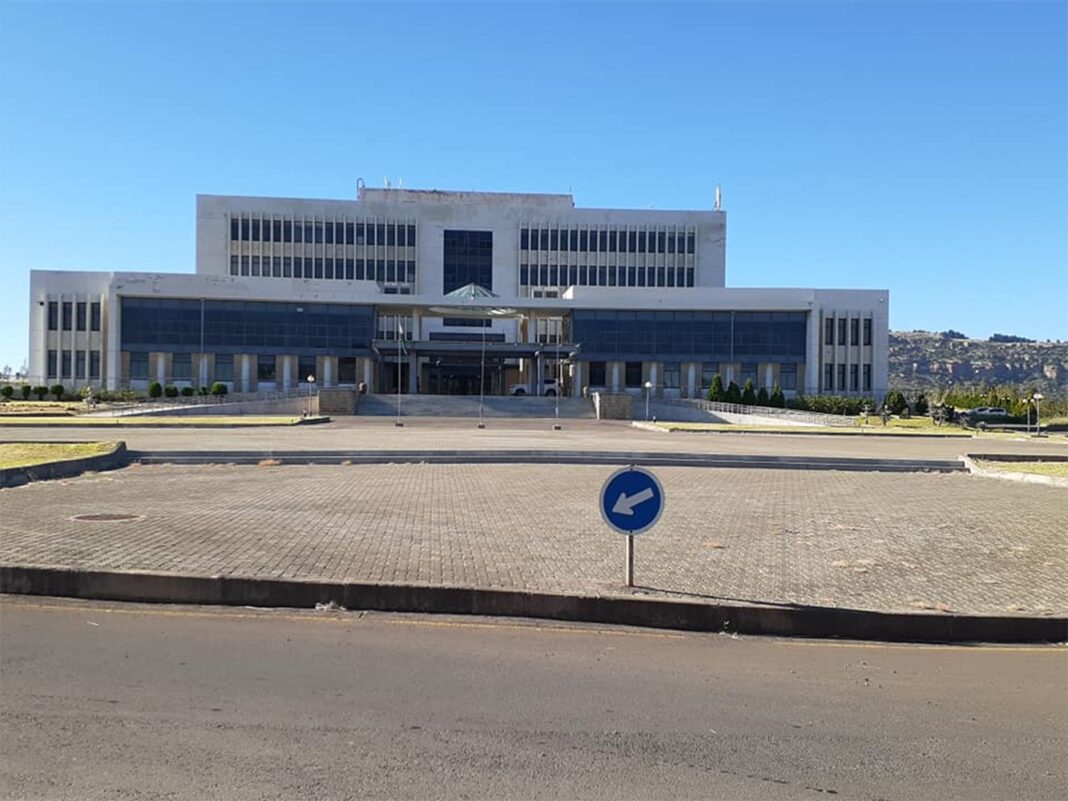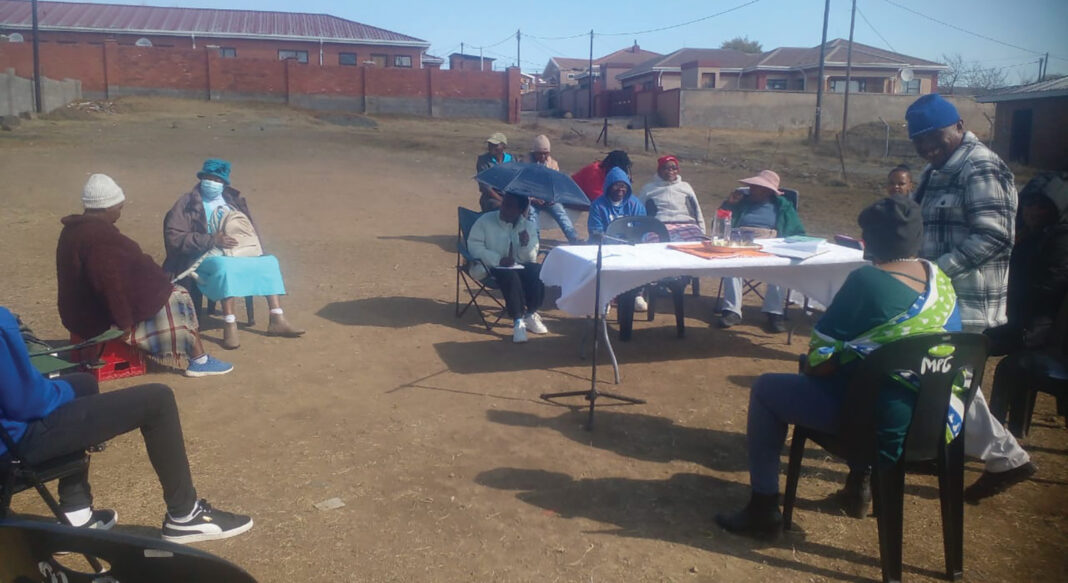The Social Cluster of the National Assembly has issued a firm and unequivocal deadline for the Tshiamiso Trust to compensate at least 50,000 Basotho ex-mineworkers by December 31, 2025, beginning from July 21, 2025.
Tshiamiso Trust, a South African entity, was established to manage compensation for a class action settlement involving mineworkers who contracted silicosis and tuberculosis (TB) while working in qualifying gold mines between March 21, 1965, and December 10, 2019. The Trust compensates eligible former mineworkers and their dependents.
However, the Trust has often come under fire for the slow processing of claims and the strict eligibility criteria, which result in a large number of claims being denied. Some also criticise the lack of collaboration with local structures for claimant tracing and the administrative challenges in verifying claims.
The deadline was set during Tshiamiso Trust’s briefing to Parliament’s Social Cluster on the Trust’s public outreach plans earlier this week.
The chairperson of the Social Cluster, Mokhothu Makhalanyane noted that Lesotho accounts for 40 percent of all eligible claimants across the region, and called for full collaboration between the Ministries of Labour and Employment, Health, and Home Affairs to meet the December deadline.
Makhalanyane urged the ministries to work together, particularly in providing transportation in remote areas and removing bureaucratic obstacles that delay the compensation process.
“We expect progress reports from the ministries. This effort will not only support ex-mineworkers but also help alleviate the poverty devastating our communities. Many families depend on this initiative as they lack sustainable livelihoods,” he said.
Similarly, committee member ‘Mamokete Ntŝekhe did not mince her words when she pointed out that this is a matter of justice for vulnerable individuals, many of whom are ill or deceased, with surviving families still awaiting help.
“Parliament is committed to this journey. We call on all stakeholders to play their roles responsibly,” she said.
These sentiments were endorsed by the Deputy Principal Secretary in the Prime Minister’s Office, Tŝeliso Lesenya, who reaffirmed government’s commitment to surpassing the 50,000 compensation target.
“There must be a unified approach among ministries to ensure these vulnerable people receive the benefits they are owed,” he said.
In response, Tshiamiso Trust CEO Dr Munyadziwa Kwinda told the committee that since its inception, the Trust had disbursed R2.2 billion to nearly 25,000 ex-mineworkers and their families across the Sothern African Development Community (SADC) region.
“Of that, R849 million – which accounts for 40 percent – has been paid to Lesotho nationals. Lesotho is the highest recipient of compensation, even more than any single South African province. This shows our commitment to the people of Lesotho,” Kwinda stated.
He revealed that 54,000 claims have been lodged in Lesotho, with 32,000 processed so far, and close to 9,300 payments made. He explained that medical criteria set in the Trust Deed mean not all claimants qualify, even if they performed risk work.
A major challenge, he said, is that death certificates often list vague causes of death such as ‘natural causes,’ while the Trust requires a diagnosis of TB or silicosis to process a claim. However, Amendment No. 7 now allows the use of WHO-certified medical cause-of-death findings, aligning with SADC standards and enabling more accurate assessments.
“We go beyond official death certificates and rely on cause-of-death reports completed by medical practitioners,” Kwinda explained.
For its part, the Migrant Workers Association (MWA), welcomed the discussions between Parliament and the Trust, saying long-awaited compensation is now within reach.
“We’re pleased that families will finally be compensated. We’re also conducting financial literacy training so recipients can manage their payouts wisely,” said the Executive Director of MWA, Lerato Nkhetŝe.
He went on to warn that scammers may target beneficiaries and called on the police to remain vigilant.
Dr Mpeile Mokhahlane from the Ministry of Health’s Occupational Health Division noted a challenge in Lesotho: many people die at home without being diagnosed in health facilities, leading to unverified causes of death.
“It is important for Lesotho to adopt the WHO standard to ensure rightful compensation,” she said.
In another development, Tshiamiso Trust convened an impromptu press conference after its parliament presentation, where it announced that claim lodgement and medical examination services will be rolled out across Lesotho in an outreach programme in July and August 2025, targeting Basotho ex-mineworkers who suffered permanent lung damage due to silicosis and TB.
To date, 9,271 Basotho claimants and their families have received more than M848 million, with thousands more expected to benefit. The outreach will serve 2,647 claimants awaiting Benefit Medical Examinations (BMEs), and will facilitate new claims, document submissions, and contact detail updates.
“Local outreach services will allow claim lodgements and BMEs to be conducted on the same day, improving accessibility for Basotho claimants,” said the Trust.
The initiative is expected to accelerate compensation efforts, bring long-awaited relief to families, and reaffirm the Trust’s pledge to serve the people of Lesotho.








